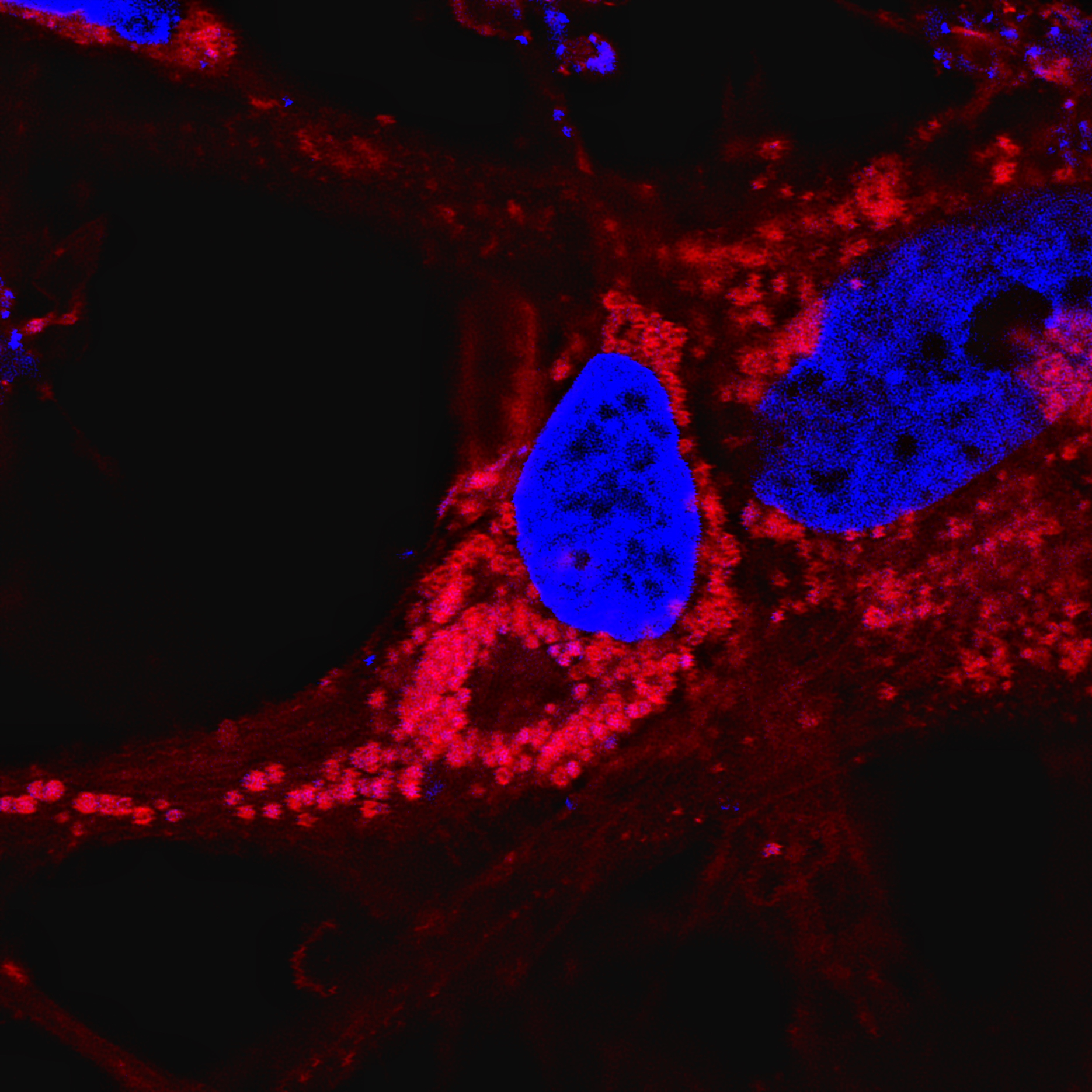
One in three adults in the U.S. has metabolic syndrome (MetS)—a cluster of conditions that include an increased waistline, high blood pressure, diabetes, and high cholesterol—and that number is rising. Not only does MetS raise the risk of heart disease, diabetes and stroke, but it has also been shown to increase the risk of developing Alzheimer’s disease. Alzheimer’s and MetS share several pathological features, including insulin resistance, abnormal protein processing, mitochondrial dysfunction, and inflammation, among others. However, the actual mechanism of how MetS affects Alzheimer’s disease was not understood.
A team led by Bhumsoo Kim, Ph.D., has discovered what it believes is a major clue to this puzzle, in the process offering a new theory on what drives Alzheimer’s disease progression in metabolic syndrome. The answer is extracellular vesicles (EVs).
“Extracellular vesicles are secreted from most cells, including neurons and glia (central nervous system support cells), and play an important part in communication between cells,” explains Dr. Kim. “What we found is that in metabolic syndrome, the secretion and the content of EVs are changed, disrupting how neurons speak to their support cells, known as glia, accelerating Alzheimer’s disease progression, especially during metabolic syndrome.”

The study, published in the Journal of Extracellular Vesicles, is one of the first to demonstrate the role that EVs play in Alzheimer’s disease. This offers an important new therapy target to slow, or even halt, the progression of the disease, which currently has no effective treatments.
Other authors on "Palmitate and glucose increase amyloid precursor protein in extracellular vesicles: Missing link between metabolic syndrome and Alzheimer's disease" include Yoon-Tae Kang, Ph.D., Faye Mendelson, John Hayes, Masha Savelieff, Sunitha Nagrath, Ph.D. and Eva Feldman, M.D., Ph.D.
Supported by: NIH (U24DK115255, R01DK130913). The authors would like to thank the Sinai Medical Staff Foundation, the Robert E. Nederlander Sr. Program for Alzheimer's Research, the Andrea and Lawrence A. Wolfe Brain Health Initiative Fund, the A. Alfred Taubman Medical Research Institute, and the NeuroNetwork for Emerging Therapies. The authors appreciate the support from the Michigan Diabetes Research Center for the confocal imaging.

